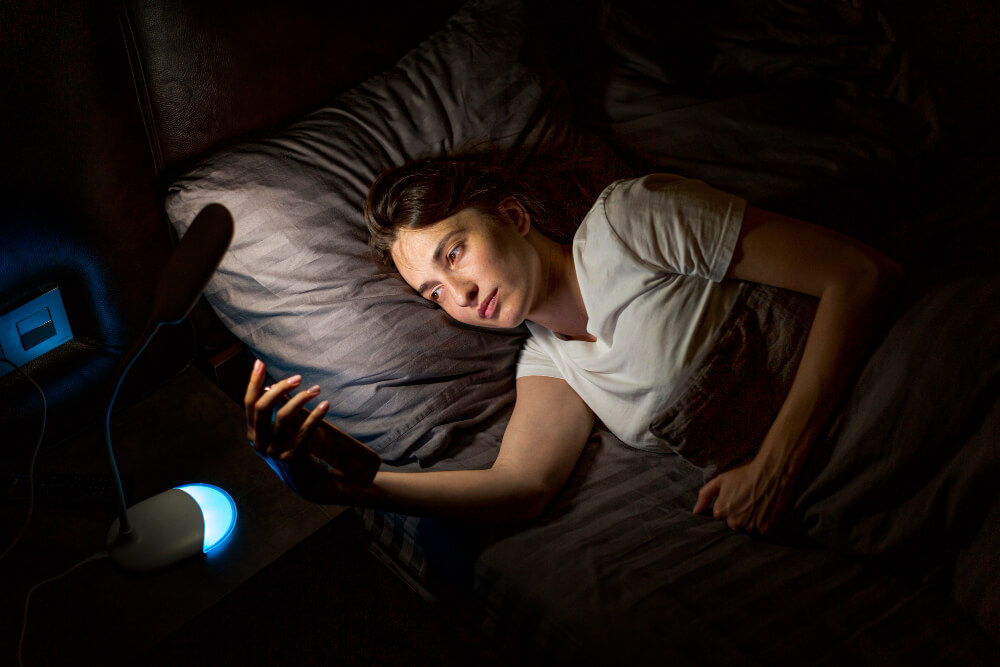Beyond Counting Sheep: Exploring Sleep Medicine for a Restful Night’s Sleep (For Men & Women)
A good night’s sleep is essential for maintaining good health and optimal physical and mental function. Unfortunately, millions of men and women around the world experience sleep disorders that disrupt their sleep patterns and leave them feeling exhausted and unable to function at their best. These sleep disorders can take various forms, from difficulty falling asleep (insomnia) to staying asleep (sleep fragmentation) to experiencing abnormal sleep behaviors like sleepwalking or restless legs syndrome. Sleep medicine is a specialized field dedicated to diagnosing and treating these sleep disorders, offering a comprehensive approach to achieving healthy sleep patterns regardless of gender.
Understanding Common Sleep Disorders: Men vs. Women?
Similarities in Sleep Issues:
While some sleep disorders may affect men and women slightly differently, many sleep problems are common to both genders. These include:
- Insomnia: Difficulty falling asleep or staying asleep.
Sleep Apnea: A condition characterized by pauses in breathing during sleep, leading to frequent awakenings. - Restless Legs Syndrome (RLS): An irresistible urge to move the legs, usually accompanied by an uncomfortable sensation that worsens at night.
- Narcolepsy: A sleep disorder characterized by excessive daytime sleepiness and sudden sleep attacks.
Gender-Specific Sleep Concerns:
While both men and women experience the sleep disorders mentioned above, some differences exist:
- Women are more likely to experience insomnia, particularly during hormonal fluctuations such as menopause.
- Sleep apnea is more prevalent in men, although women are often underdiagnosed.
- Restless legs syndrome may be more common in women, especially during pregnancy.
Diagnosis: How Sleep Medicine Specialists Unravel Sleep Problems
Consultation and Medical History:

A sleep medicine specialist will begin by discussing your sleep history, including your sleep patterns, sleep hygiene habits, and any daytime symptoms you experience. They will also inquire about your medical history and any medications you are taking.
Sleep Study:
A sleep study, often conducted overnight in a sleep lab, plays a crucial role in diagnosing sleep disorders. During the sleep study, brain activity, muscle activity, breathing patterns, and oxygen levels are monitored to identify any abnormalities in your sleep cycle.
Home Sleep Testing:
In some cases, depending on the suspected sleep disorder, a home sleep test may be used. This involves wearing a portable monitoring device at home overnight that records key sleep data.
Treatment Options: Restoring a Healthy Sleep Pattern
Lifestyle Modifications:
For many sleep disorders, lifestyle modifications are the first line of treatment. These may include practicing good sleep hygiene habits, creating a relaxing bedtime routine, and avoiding caffeine and alcohol before sleep.
Cognitive Behavioral Therapy (CBT):
CBT is a type of psychotherapy that can be effective for treating insomnia and other sleep disorders. It helps individuals develop healthy sleep habits and manage negative thoughts and behaviors that contribute to sleep problems.
Continuous Positive Airway Pressure (CPAP):
CPAP therapy is the gold standard treatment for moderate to severe sleep apnea. A CPAP machine delivers pressurized air through a mask worn during sleep, preventing airway collapse and ensuring normal breathing.
Medications:
In some cases, medication may be prescribed for sleep disorders. This may include sleep aids for short-term insomnia or medications to control restless legs syndrome.

